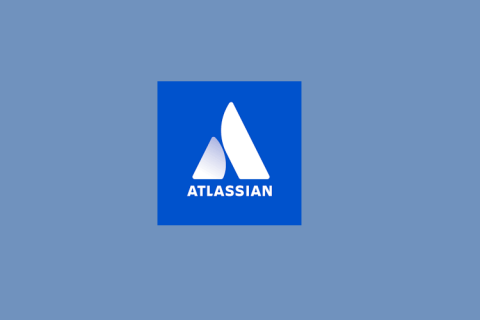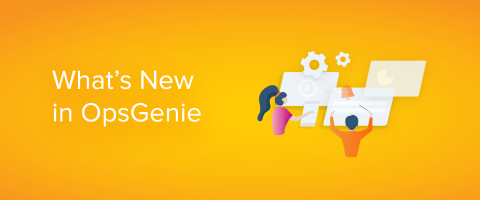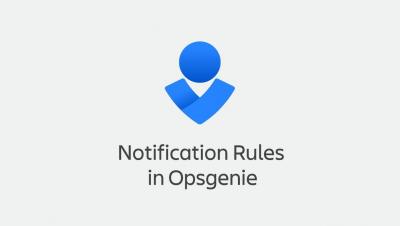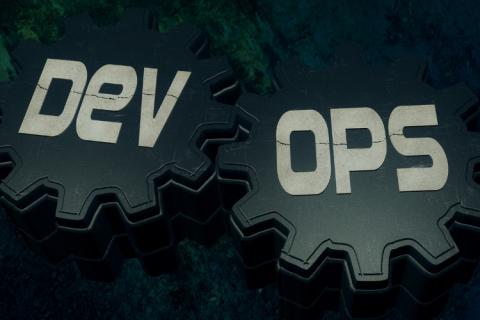Scheduled maintenance message examples and inspiration
The goal of a planned maintenance announcement should be to get the right people informed and confident about the upcoming maintenance. Here’s our guide to announcing scheduled maintenance, along with some examples from our friends who are doing it well.










